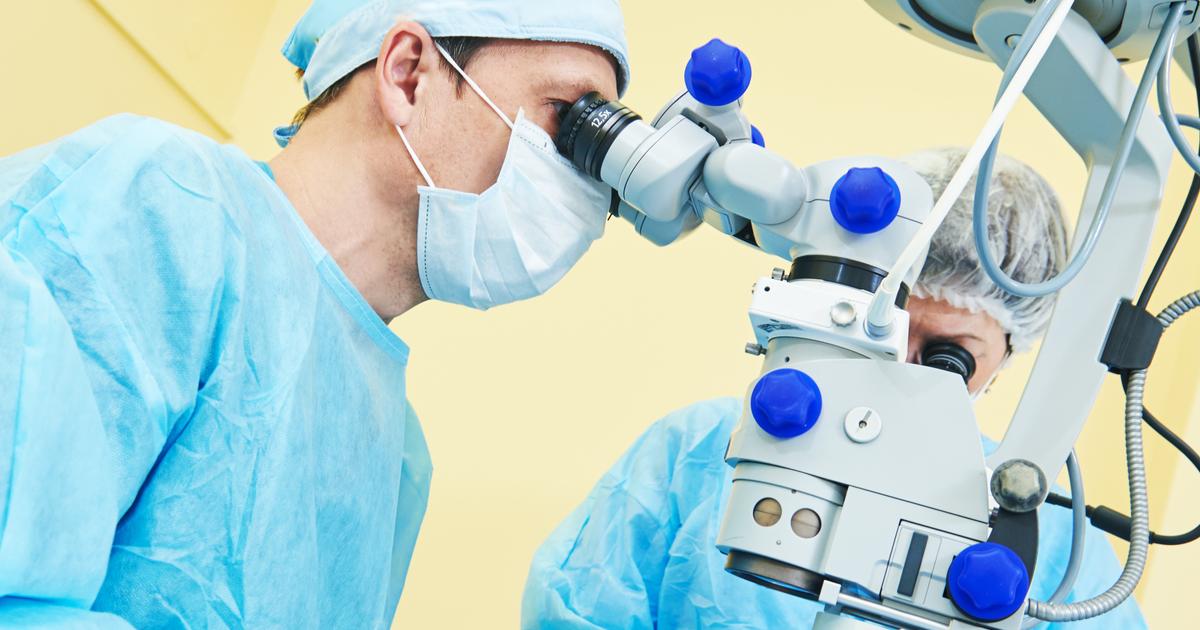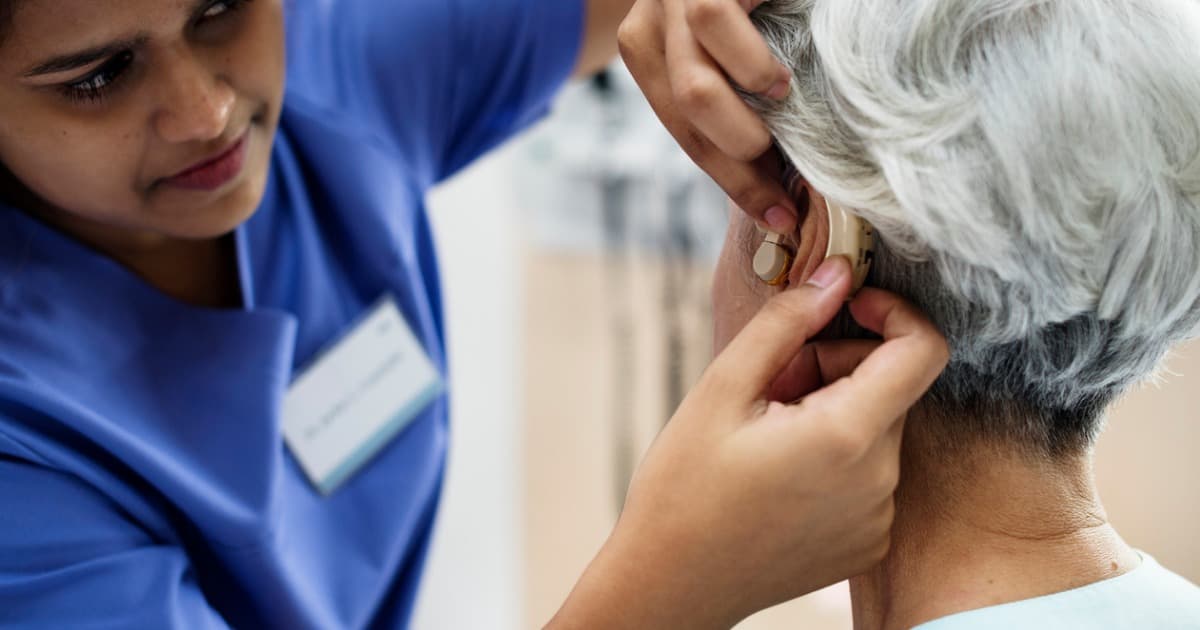Treatment Options For Cockayne Syndrome
Cockayne syndrome is an uncommon disorder that causes delayed development, an irregularly small head size, failure to gain weight, and short stature. Typically, the first symptoms of Cockayne syndrome manifest in a patient's infancy, and progressively get worse as they move into childhood. Cockayne syndrome is caused by mutations in DNA, including the ERCC6 gene or the ERCC8 gene. These genes are responsible for providing instructions on how to repair damage to cellular DNA before they have the chance to result in problems. Symptoms commonly seen in Cockayne syndrome are photosensitivity, loss of vision, hearing loss, bone abnormalities, cold extremities, severe decay of teeth, and abnormalities of the brain tissue that can be observed on diagnostic imaging tests. Diagnosis is made with the use of physical examination, diagnostic imaging, and molecular genetic blood testing.
There are several components to the treatment of Cockayne syndrome. Learn about them now.
Physical Therapy

Common issues that may necessitate physical therapy in individuals with Cockayne syndrome include tremors, gait problems, and issues with coordination. The causes of these neuromotor difficulties include leukodystrophy, demyelinating neuropathy, and cerebellar atrophy. Joint contractures are a type of deformity that occurs when the connective tissues of an individual's body cause stiffness and movement difficulty. Physical therapy has shown to help Cockayne syndrome patients who experience joint contractures to maintain and improve their range of movement. Muscle weakness around the body is also common in Cockayne syndrome and patients may need the help of physical therapy to regain muscle strength and maintain the ability to perform everyday tasks. Some individuals who have Cockayne syndrome develop an abnormal curvature of the back that can make daily tasks difficult. Physical therapy can help alleviate pain and problems with movement that are the result of Cockayne syndrome precipitated scoliosis.
Get more details on how to treat Cockayne syndrome now.
Apply Lots Of Sunscreen

Cockayne syndrome patients have skin cells with an abnormal hypersensitivity to ultraviolet irradiation. When the skin is exposed to ultraviolet light, affected individuals often develop a rash of hives or erythema. Patients may experience dryness and itchiness of their skin after being exposed to the sun. Even on cloudy days, individuals with Cockayne syndrome can develop a severe sunburn. Some patients may also form blisters in response to the ultraviolet radiation that comes from the sun. The best way to manage this type of photosensitivity is the avoidance of the sun through staying indoors and the use of appropriate clothing, including hats, long pants, and sunglasses when outdoors. However, the application of a generous amount of sunscreen has proven to prevent or minimize the effects of Cockayne syndrome precipitated photosensitivity.
Read more about treating Cockayne syndrome effectively now.
Cataract Removal Surgery

Cataracts in the lens of an individual's eye can cause their vision to become cloudy to the point where they have difficulty with their vision in everyday tasks. Cataracts are most common in individuals of advanced age, as it takes many years for them to develop. However, Cockayne syndrome patients have mutations in their cellular DNA that causes their body to be unable to repair tissue damage and to age prematurely. These mechanisms are what causes the development of cataracts in younger individuals who have Cockayne syndrome. During cataract surgery, the old clouded up lens is broken up with an ultrasound probe. The fragments of the old lens are suctioned up while the lens capsule remains in place. The new artificial lens is then placed in the eye, and the incision is closed. This type of surgery helps a Cockayne syndrome patient keep their visual function.
Keep reading to reveal more ways to treat Cockayne syndrome now.
Other Minor Surgeries To Affected Organs

Individuals who have Cockayne syndrome may need to undergo other minor surgeries to affected organs to improve their quality of life. Patients can develop problems with their hearing as a result of the premature aging that occurs in their disorder. Minor surgery can be used to help treat this manifestation of Cockayne syndrome, including the placement of a cochlear implant and other types of hearing aids. A Cockayne syndrome patient may present with difficulties gaining and maintaining their body weight. Dehydration, fat loss, and intestinal dysmotility are all factors that contribute to the digestive problems and weight loss in individuals with Cockayne syndrome. It is thought the neurodegenerative effects of Cockayne syndrome are implicated in an individual's gastrointestinal manifestations. To help provide a patient with proper nutrition and promote healthy growth, a surgical procedure to install a feeding gastrostomy tube may be utilized. Dental procedures may be needed, as individuals who have Cockayne syndrome tend to develop dental problems.
Discover additional treatments for Cockayne syndrome now.
Genetic Counselling

Cockayne syndrome is inherited in an autosomal recessive fashion, meaning one mutated gene comes from each parent of a patient with the disorder. The parents of an affected individual each carry at least one of the mutated genes that cause Cockayne syndrome. A carrier is a person who can pass the mutation to their offspring but does not have any symptoms of the disorder themselves. The child of two carrier parents has a one in four chance of inheriting a defective gene from each parent and developing symptoms of the disorder. The child of two carrier parents has a one in two chance of inheriting an abnormal gene from one parent and a normal gene from the other, making them only a carrier of the disorder. The child of two carrier parents also has a one in four chance of inheriting no abnormal genes and not being a carrier of the disorder. Genetic counseling is a type of counseling that helps the parents of a patient understand the risks of future pregnancies.